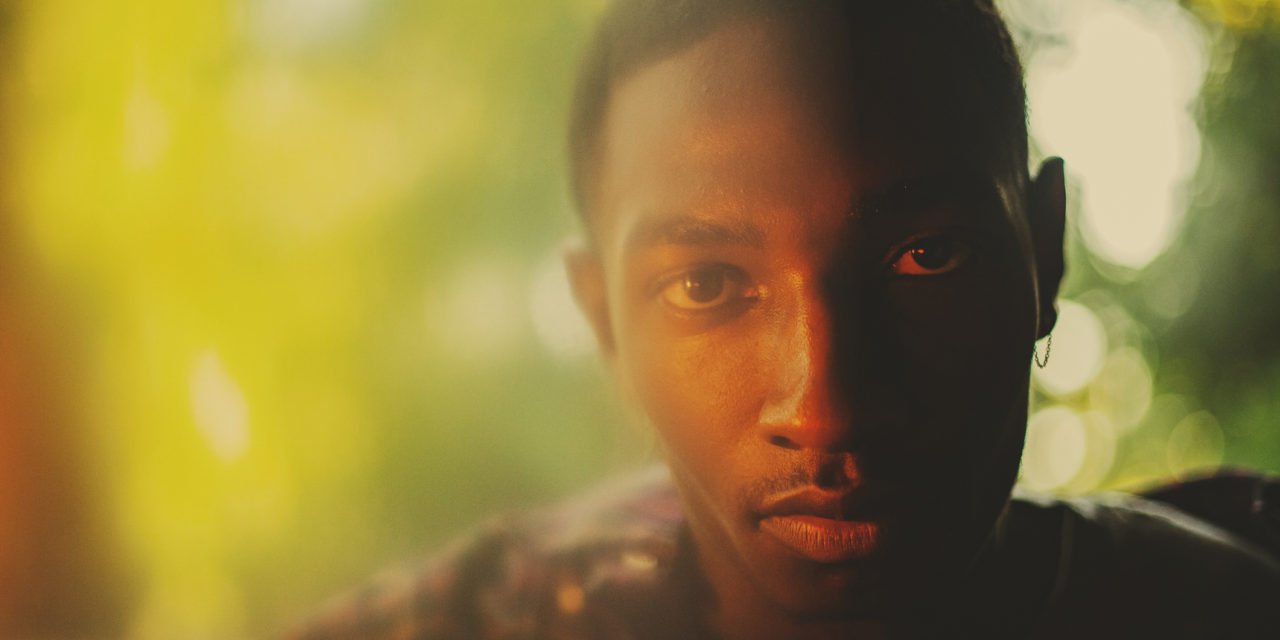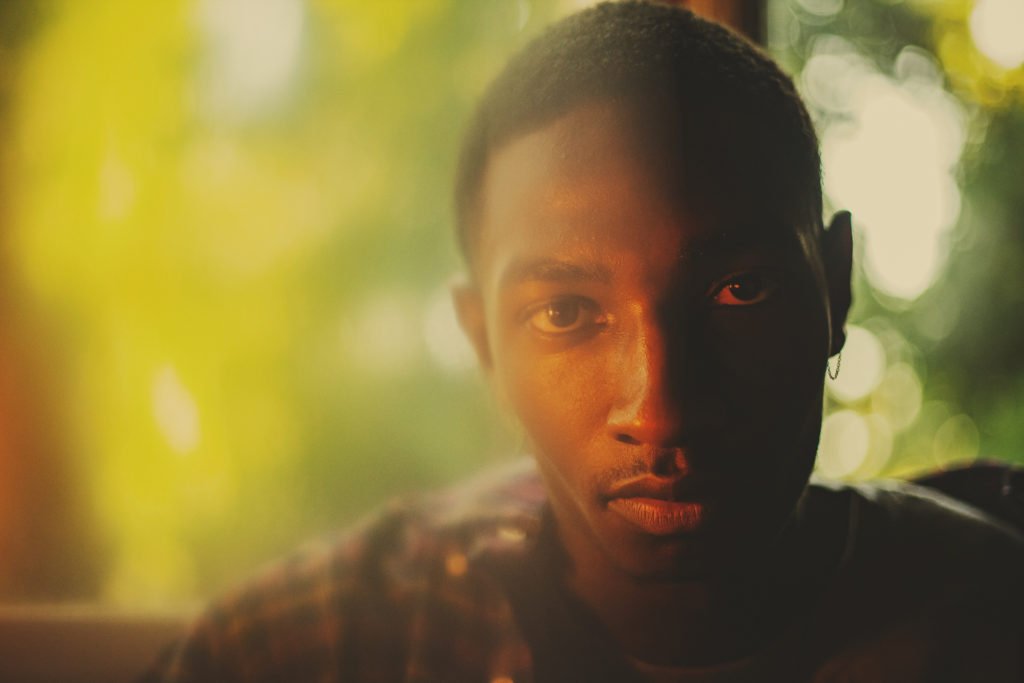“Everything we’ve seen so far speaks to your innocence. Half that jury, despite what they told us when we picked them, they decided you were guilty the moment they laid eyes on you. You’re young, you’re Black, and you’re on trial. What else do they need to know?”
The film Monster was released on Netflix on May 7, 2021, three years after the film premiered at the Sundance Film Festival on January 22, 2018. The movie is an adaptation of Walter Dean Myers’ 1999 novel Monster. Considering this is yet another story and film about a young, Black boy caught in the clutch of an oppressive legal system, this movie is as timeless as the inequitable systems that inspire them. A system that claims it is built on the principle that one is innocent until proven guilty is immediately exposed as fallacious when a lawyer identifies a Black boy as a monster in his opening remarks.
A system that claims it is built on the principle that one is innocent until proven guilty is immediately exposed as fallacious when a lawyer identifies a Black boy as a monster in his opening remarks. Click To Tweet*Spoiler alert as quotes, themes and results of the trial will be shared within this article*
The film follows the rest of Steve Harmon’s trial litigating his felony charge for being at the scene of a crime. There is brief scene in the film that introduces Harmon’s passion for photography, love for his family and dedication in school leading to him becoming an honor student. I say brief because it is not long before Steve is pulled from his home and submerged in what he describes as “darkness.”
I opened this article, or review, if you will, with a quote from Steve’s attorney, Maureen, sharing with him the fallacies in believing that one is innocent until proven guilty in the court of law. I can’t help but acknowledge the themes of woke, white saviorism that string together each time Steve meets with Maureen. Yes, Maureen attempts to prove that she understands the unfair system that she upholds and that he is now engulfed in, but she spends most of her time trying to calm and mitigate Steve’s feelings, as though he should change and not the system. There is a scene in which Steve truly believes they are going to send him away for 25 years, and he stands up filled with emotions of anger and frustration that enough hasn’t been done. Maureen looks around, then back at the guard behind her, as if embarrassed, or perhaps even worried, but the action leads to persuading Steve to manage his feelings and sit down.
It makes me think of the difference between street activism and those who are trying to be allies “on the inside” of the legal system and going by the book. Maureen may win case after case, but what about the ones she doesn’t win, knowing that the system she is upholding is skewed? The way I see it, as an attorney, doing your job well and justly is not enough to call yourself an ally. By worrying about policing Steve’s emotions more than addressing the racism inherent in such a request, Maureen becomes one of the exacerbating factors in Steve internalizing the possibility that he truly is a monster.
As an attorney, doing your job well is not enough to call yourself an ally. By worrying about policing Steve’s emotions more than inherent racism, Maureen becomes an exacerbating factor in Steve internalizing the possibility that… Click To TweetSteve reflects on darkness and how monsters would react in the dark. He says, “I should’ve told them that since they came and took me from my home, the only thing the dark’s given me are the shakes and shivers that remind me I’m alive.” The film successfully sheds light on the humanity of a scared, young Black boy fighting to prove his innocence but struggling with his own decision-making. He fights off the notion of being a monster in saying, “A monster doesn’t scream back. They can’t. I do. I did.”
Steve is fighting an internal and external battle throughout the entire movie, knowing he is only human and succumbing to the idea that he’s the monster the prosecutor and family of the victim want him to be. The most frightening aspect of the short time Steve spends between his cell and the court room are the thoughts that go through his head as he considers survival. Steve can’t even answer the question, “Who would you have to become to spend 25 to life in here?” The audience, though, clearly sees that you would have no choice but to become a monster.
Steve Harmon, honor student and film enthusiast, was at the scene of the crime in question, and he was acting under the influence of a fellow neighborhood companion. I refrain to use friend due to reservations Steve expresses about him and the short time they know each other. In many cases, we call Steve’s situation “being at the wrong place at the wrong time,” and the question is if he should be punished for it.
What is a monster and what is human? Is he a monster because of the fear to say no or runaway? Is he a monster by association with members of his community, or the company he keeps? Is he a monster because he is Black? Or because he is Black and educated? Maybe he is human because he stopped to say hello when someone said hello to him. Maybe his fears and emotions make him human. It is an indictment on society’s conception of Black men that the line between human and monster could be so paper thin.
Is he a monster b/c he's Black? Or b/c he's Black & educated? Maybe he is human b/c he stopped to say hello when someone said hello to him. Maybe his fears & emotions make him human. Click To Tweet It is an indictment on society’s conception of Black men that the line between human and monster could be so paper thin. Click To TweetBefore the film ends, Steve asks, “What do you see when you look at me?” In that moment, he speaks beyond the courtroom and to a world that has pre-defined him as unfit for public life. Indeed, in that moment he reveals that it is society itself, not Steve, that is monstrous.




















